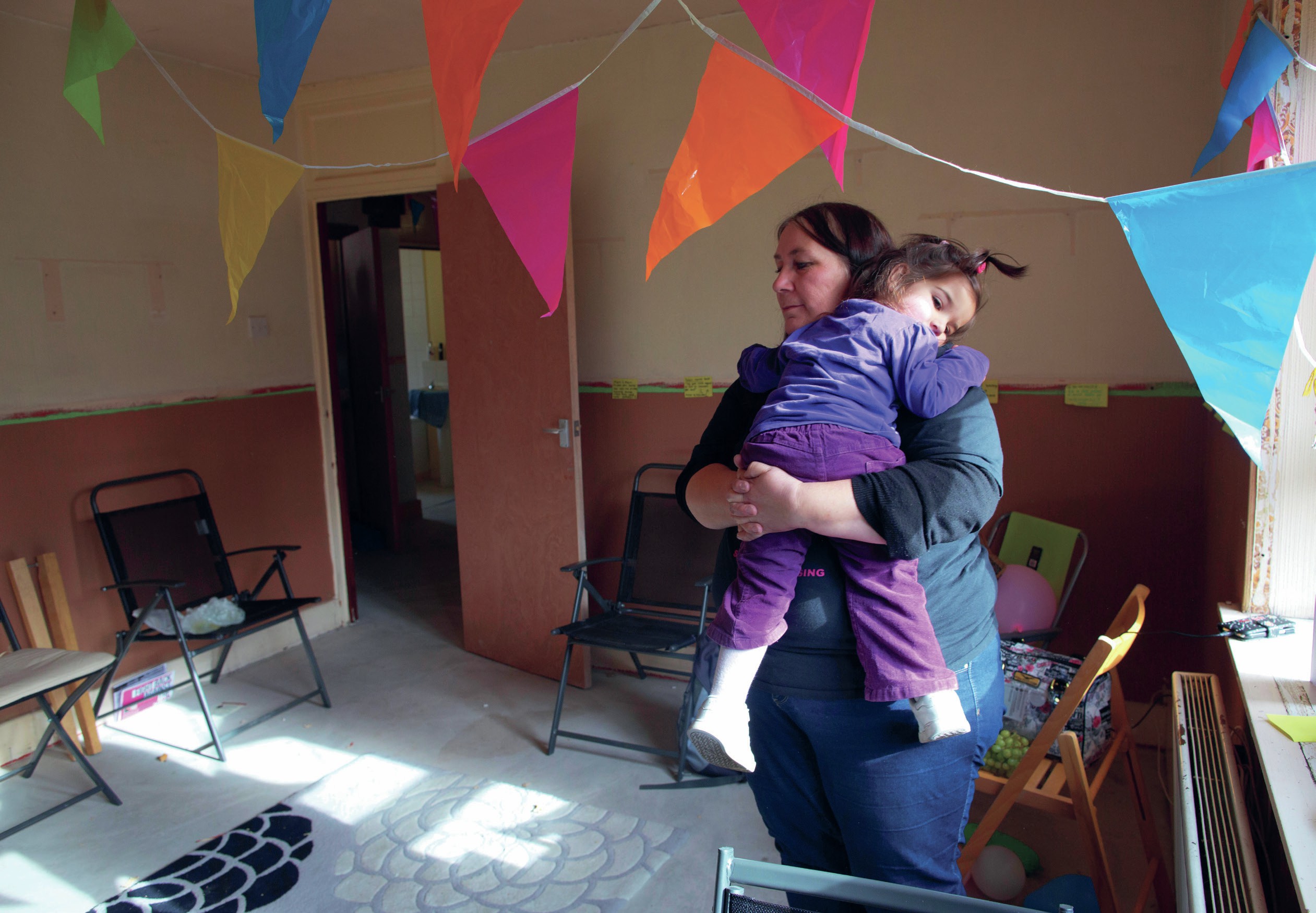
Lisa Mckenzie describes what is meant by ‘critical ethnography’, using her ethnographic study of working-class people in east London as an example. She shows the ways in which many of them live a precarious existence, struggling to make ends meet and fearful that they may no longer be able to afford to live in the communities in which they were born and brought up. She discusses how their position is often assumed to be a result of their personal failings rather than being caused by global capitalism. This article is relevant to all students in its discussion of social inequality and of a particular research method.
critical ethnography, inequality, precariat, community
Your organisation does not have access to this article.
Sign up today to give your students the edge they need to achieve their best grades with subject expertise
Subscribe




